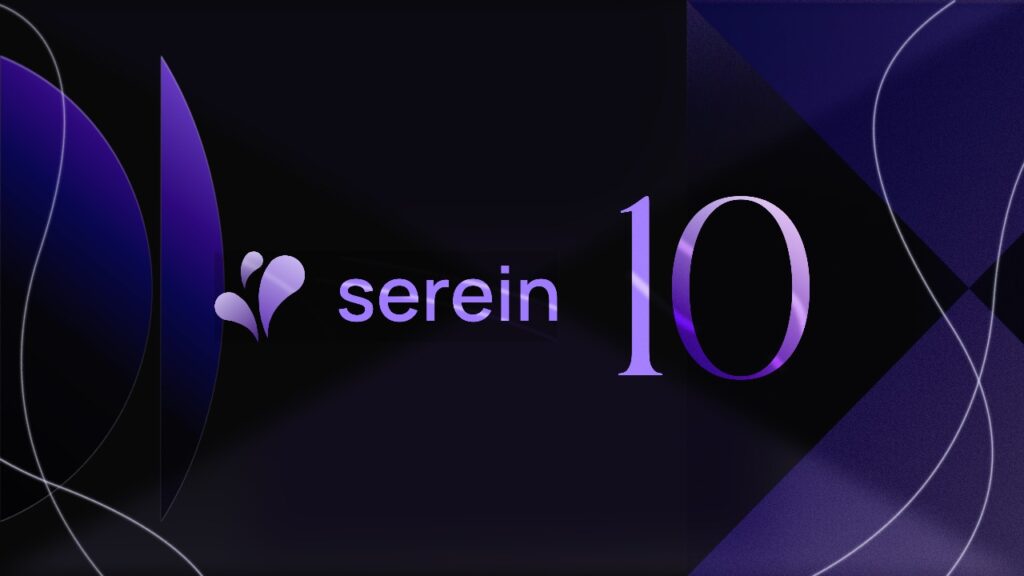Last week, the district administration of Cuttack, Odisha, made headlines for a firm decision that placed student safety and institutional responsibility at the centre of discussion. Since July 14, the State government has mandated internal committees under the POSH Act for colleges, schools, and government offices.
More than half of the 210 degree colleges and higher secondary institutions in the district failed to comply with a crucial requirement under the Prevention of Sexual Harassment (PoSH) Act, 2013, the submission of their Internal Committee constitution reports.
The UGC mandates all higher educational institutions to establish an Internal Committee (IC) under the PoSH Act, 2013, to address complaints of sexual harassment. Similarly, the POCSO Act requires schools to have a child protection committee and ensure mechanisms to report abuse, creating a safe environment for minors.
The directive that sparked attention
The Cuttack Collector has issued a strict directive: staff salaries in colleges failing to comply with the Internal Committee (IC) details submission will be withheld. Furthermore, principals of such non-compliant institutions face suspension if the required information is not submitted within 48 hours.
This move underscores the critical importance of adhering to the PoSH Act, emphasizing that compliance is fundamental for maintaining institutional trust and accountability. The swift action aims to ensure that all educational bodies uphold their legal obligations regarding workplace safety and grievance redressal mechanisms.
Understanding the legal and ethical obligation
The PoSH Act, 2013, requires workplaces with ten or more employees to form an Internal Committee (IC) to ensure individuals know where to report issues, fostering safety, accountability, and structure. Failure to establish or publicize IC details denies individuals timely, fair, and confidential redressal.
This is especially crucial for educational institutions, where students in formative years need assurance their concerns will be heard. Recent actions in Cuttack highlight that PoSH Act implementation is an active, everyday obligation for campuses, requiring engagement beyond passive adherence to create safer environments for all.
What this moment tells us
This directive by the Cuttack administration is important because it signals that student safety, workplace dignity, and accountability will not be compromised. But more than that, it offers a model for other districts, institutions, and sectors where compliance falters
Compliance with the PoSH Act asks institutions to be proactive in their care, transparent in their systems, and serious about building spaces where everyone feels safe to speak up.
The story does not end at Cuttack
The ruling in Cuttack is not an isolated issue. Whether you’re a school, a corporate office, a hospital, or a third-party vendor offering services to any of these, the responsibility to create safe, inclusive, and compliant environments belongs to everyone in the ecosystem.
At Serein, we work with organisations of all sizes to move from compliance to culture. Whether it’s helping set up your IC, training internal stakeholders, or building ongoing awareness through practical, engaging sessions, our goal is to make PoSH implementation real, responsible, and human.
Ask yourself and your organisation to –
- If you’re a principal, administrator, or business head, make your IC visible and active.
- If you’re in HR or admin, check your reporting system visibility
- If you’re a leader, your team’s accountability starts with you.




